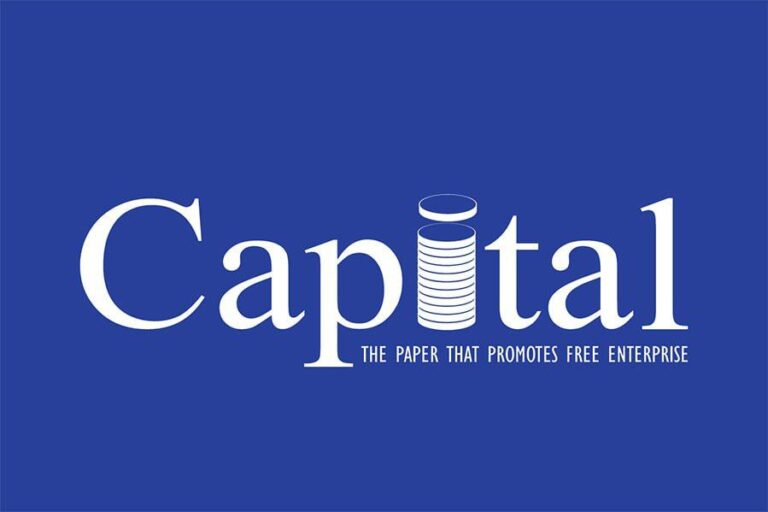Stakeholders and government representatives attending the consultations for the Fourth International Conference on Financing for Development in Africa in Addis Ababa, Ethiopia have called for an overhaul of the global financial architecture, stressing the need to reform it into one that fairly represents and responds to the needs of Africa.
The two-day conference organized by the Macroeconomics, Finance & Governance Division of the Economic Commission for Africa (ECA) is examining Africa’s financing needs and developing a concerted approach towards FfD4 in Seville, Spain in June 2025.
In his address, Claver Gatete, Executive Secretary, ECA highlighted the need for a unified response to challenges posed by the COVID-19 pandemic, geological tensions and economic downturn which have stretched the continent to the limit.
“Africa now faces a financing gap of up to $1.3 trillion annually to meet its sustainable development goals by 2030,” he said.
“As of 2023, the continent’s external debt exceeded USD 1 trillion with extremely high annual interest payments – in effect, limiting our ability to fund essential development.”



